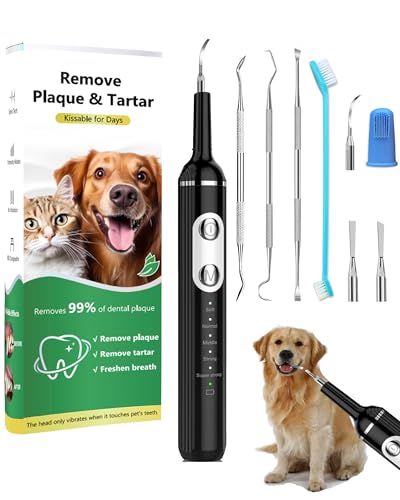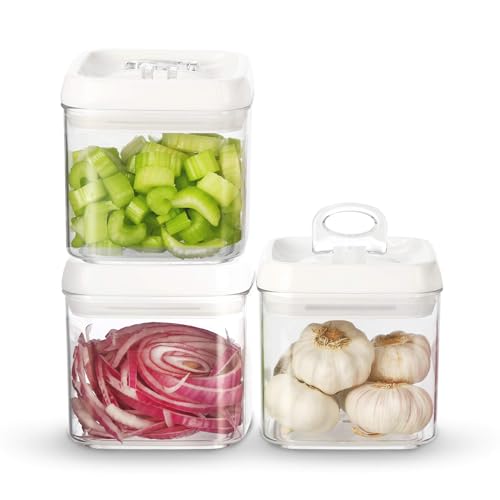




The addition of oral rinse to a pet’s hydration is not advisable. Many formulations contain ingredients harmful to animals, including alcohol and sweeteners like xylitol, which can be toxic. These components can lead to serious health complications, including liver failure and gastrointestinal distress.
In my experience, maintaining a dog’s dental hygiene is crucial, but it should be done through safe and approved methods. Regular brushing with pet-safe toothpaste and dental chews specifically designed for canines are far better options. I remember the first time I tried a dental spray, and I watched my furry friend enjoy it without any concerns about harmful effects.
Always consult with a veterinarian before introducing new products into a pet’s routine. They can provide alternatives that ensure both dental health and overall well-being. Keeping a watchful eye on what goes into your pet’s mouth is essential for their happiness and longevity.
Understanding the Ingredients in Mouthwash
Using commercial rinses on pets is highly discouraged due to their chemical composition, which can be harmful. Recognising the components is crucial for making informed decisions regarding animal care.
Common Ingredients
- Alcohol: Often included for its antiseptic properties, it can cause adverse effects such as gastrointestinal upset and dehydration in animals.
- Fluoride: While beneficial for human dental health, it poses a risk of toxicity in pets, leading to serious health issues.
- Chlorhexidine: This antibacterial agent may be safe in controlled doses but can disrupt the natural oral flora in animals.
- Artificial Sweeteners: Substances like xylitol are extremely toxic to pets, causing severe reactions such as hypoglycemia.
Potential Risks
- Gastrointestinal irritations, including vomiting and diarrhoea.
- Neurological symptoms due to specific toxic ingredients.
- Allergic reactions, which can manifest as skin irritations or respiratory issues.
Always consult a veterinarian for safe oral hygiene alternatives specifically designed for pets. Prioritising their health means avoiding harmful substances found in human products.
Potential Risks of Using Mouthwash for Pets
Mixing any oral hygiene product into your pet’s drinking supply is not advisable. Many formulations contain ingredients that can be harmful. For example, alcohol-based solutions can lead to poisoning if ingested in significant amounts. Symptoms may include disorientation, vomiting, or even more serious health issues.
Harmful Ingredients
Common components found in these products, like essential oils, are not safe for all animals. Some dogs may experience gastrointestinal upset, while others could have allergic reactions. It’s important to monitor any changes in behaviour or health closely. If you notice anything unusual, consult a veterinarian immediately.
Long-term Effects
Consistent exposure to these substances can lead to chronic health problems. Liver damage and other systemic issues are potential outcomes of regular ingestion. It’s crucial to prioritise natural alternatives that promote oral health without risking your pet’s well-being.
For example, consider exploring dental treats or specific chew toys designed to maintain oral hygiene. These options are often safer and can be beneficial for your furry friend. If you’re curious about other behaviours, like why does my dog rub his nose around his food, there are many resources available to help understand your pet better.
Alternatives to Mouthwash for Canine Oral Care
Natural options for maintaining oral hygiene in pets include dental chews, which are specifically designed to reduce plaque and tartar buildup. These treats not only satisfy your furry friend’s chewing instincts but also promote healthier gums. Look for products containing ingredients like chlorophyll or baking soda for added benefits.
Homemade Remedies
A simple mixture of water and baking soda can serve as a gentle abrasive to clean teeth. Use a soft cloth or a finger brush to apply the mixture, ensuring to reach all surfaces of the teeth. Some owners also incorporate coconut oil, which possesses antimicrobial properties, into their routine. Just a small amount can be applied directly to the teeth or mixed with food.
Regular Vet Check-ups
Routine veterinary dental cleanings play a significant role in oral health. Regular check-ups allow professionals to identify issues early and provide treatments that at-home care cannot match. Discussing a tailored dental care plan with your vet can lead to more effective strategies for keeping your canine companion’s mouth healthy.
Signs of Oral Health Issues in Canines
Recognising oral health problems in furry companions is crucial for their well-being. Here are key indicators to watch for:
- Bad Breath: Persistent foul odour can signal dental disease.
- Excessive Drooling: Increased salivation may indicate pain or discomfort.
- Difficulty Eating: Reluctance to chew or play with toys often points to oral pain.
- Swollen Gums: Red or inflamed gums suggest underlying issues that require attention.
- Loose Teeth: Teeth that seem to wiggle can indicate serious dental conditions.
- Changes in Behaviour: Increased irritability or withdrawal can be a response to pain.
- Visible Tartar: A build-up of plaque and tartar is a clear sign of dental neglect.
Regular check-ups with a veterinarian help catch these issues early. Observing these signs allows for timely intervention, ensuring a healthier and happier life for your beloved companion.
| Sign | Possible Issue |
|---|---|
| Bad Breath | Dental disease |
| Excessive Drooling | Oral pain or discomfort |
| Difficulty Eating | Dental pain or injury |
| Swollen Gums | Gingivitis or periodontal disease |
| Loose Teeth | Severe dental disease |
| Changes in Behaviour | Pain or discomfort |
| Visible Tartar | Dental neglect |
Monitoring these signs promotes proactive care, ensuring your canine companion stays healthy and happy.
Consulting Your Vet About Canine Dental Products
Always consult with a veterinarian before introducing any dental product into your pet’s routine. They can provide tailored advice based on your furry friend’s specific needs and health status. During our last visit, I brought up the topic of dental care for my dog, and my vet explained the importance of choosing products that are safe and effective.
Personalised Recommendations
Each canine has unique health conditions, so what works for one may not suit another. My vet suggested a few dental chews that not only freshen breath but also help reduce plaque. They are formulated specifically for canines, ensuring safety and efficacy. Don’t hesitate to ask your vet for their recommendations, as they have extensive knowledge about various products on the market.
Regular Dental Check-Ups
Incorporating regular dental check-ups into your pet’s healthcare routine is essential. During these appointments, the vet can assess oral health and identify any potential issues early. For instance, during a recent visit, my vet discovered some tartar buildup on my dog’s teeth that I hadn’t noticed. This led to a professional cleaning that was both beneficial and preventive.
Staying proactive about oral care with the guidance of a veterinarian can make a significant difference in your pet’s overall health. Always prioritise their well-being by seeking expert advice and choosing appropriate products.






